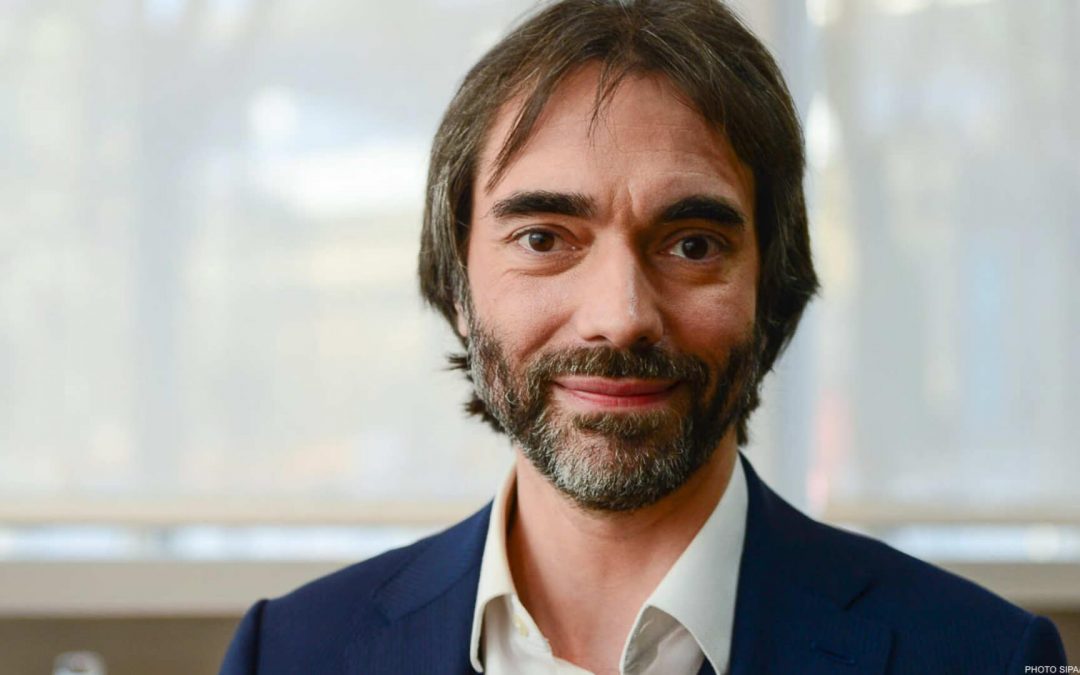Cédric Villani, mathematician, Former Deputy in the National Assembly of France and author of the report “For a meaningful artificial intelligence, towards a French and European strategy” (2018)
In your report, you tackle the question of AI ethics. How would you define Responsible Artificial Intelligence?
For AI to be responsible, we need to put in place responsible manufacturing, implementation and control processes. Responsibility lies in the hands of humankind. We need to prevent a procedure that is not sufficiently rigorous for society or the individual from resulting in the “irresponsible” use of AI. It’s therefore essential that we question not just the purpose but also the architecture of algorithmic systems: their transparency, their empirical evaluation, their biases, and their response to environmental issues. We need responsible people, but also well-calibrated processes and relevant indicators. When we address the idea of AI responsibility, we must take into account its ecological footprint.
Your report does indeed talk about the role of AI in the ecological transition. How can AI be used as a lever?
Our report was, I believe, the first with an international ambition to explicitly address the topic of ecology and to show the bright side and the dark side of AI in this field. AI can take part in the ecological transition, from the assessment of biodiversity to the efficiency of turbines on wind farms, and by optimizing energy consumption or water networks. Unfortunately, however, it can also help all the enemies of the ecological transition. Algorithmic systems can support the interests of companies that exploit fossil fuels, add value to the most polluting cars, or help certain large industrialists to oppress their subcontractors and their staff. Regulation is essential in order to set rules, standards and bans. And in addition to this regulation, we need quality human resources.
More specifically, what are the ecological challenges that AI must meet?
AI has a significant ecological impact through its data storage infrastructures, pollution linked to mining, consumption of resources, energy, and even space. Data centers today take up a considerable and rapidly growing surface area. I am therefore in favor of digital sobriety, and limiting the resources allocated to digital technology.
But one of the major challenges of AI is to refrain from giving it a role that it cannot accomplish alone. To avoid facing the “real” problems, players (governments, institutions, companies, etc.) tend to divert attention and point the finger at the algorithm, which often turns out to be a minor problem.
If we apply AI to the agricultural sector, it can help with optimization, accounting, detecting animal suffering, etc. In practical terms, this help translates to extra days off and additional income, which will make the farmer’s everyday life easier. So, AI is at the service of humans, but it is not a revolution. To be able to feed billions of human beings whilst preserving the planet, first and foremost we need to raise questions about chemistry, biology, breeding models, consumption habits, the use of fertilizers, pesticides, etc. and make enlightened and courageous choices. In no way does AI exempt us from these deliberations.

